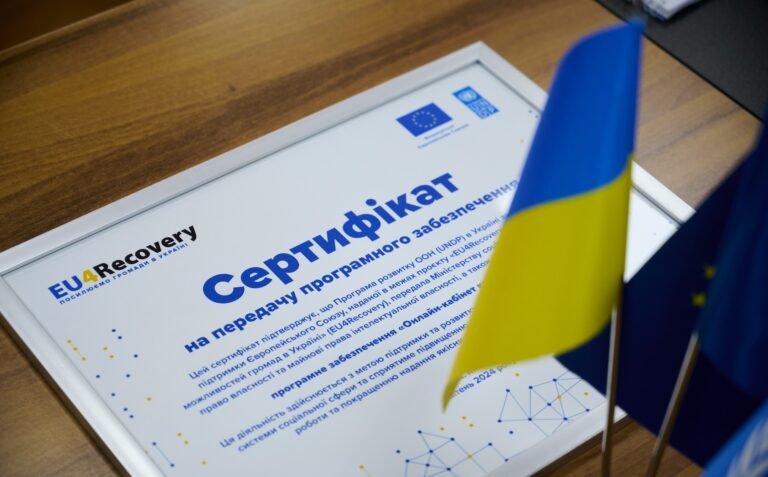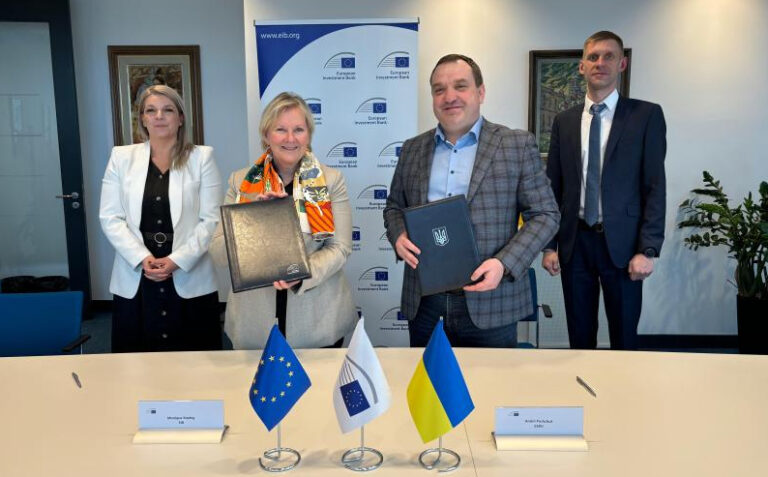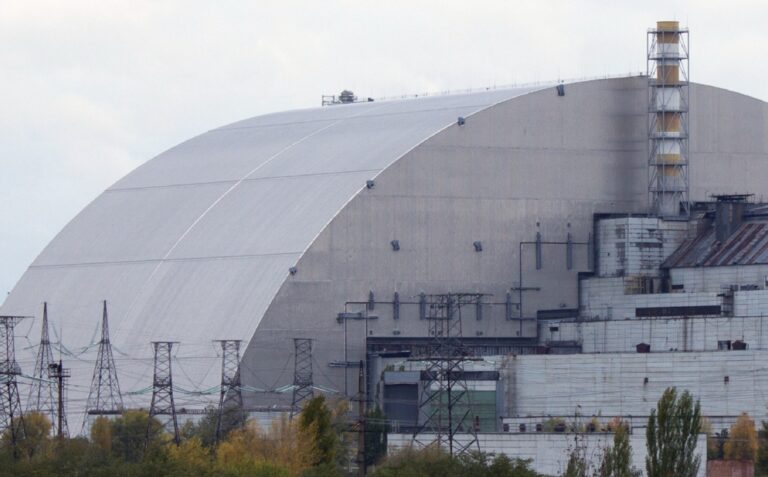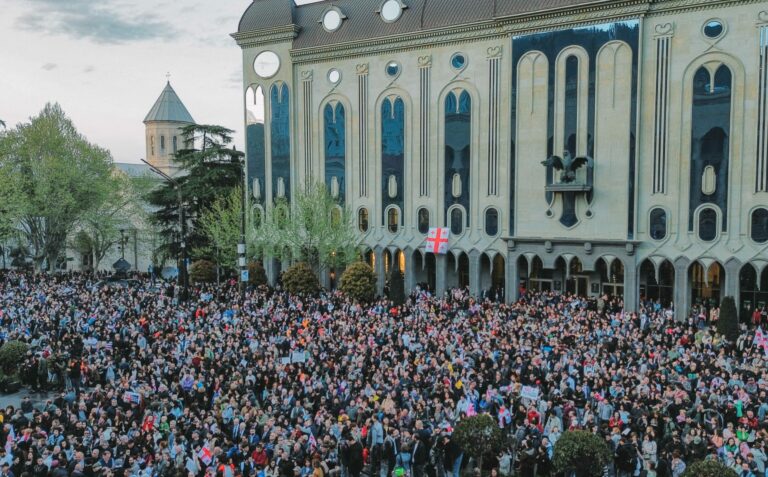
EU proposes temporary residence rights for refugees fleeing war in Ukraine
On 2 March, the European Commission proposed to activate the Temporary Protection Directive to offer quick and effective assistance to people fleeing the war in Ukraine. This means that those fleeing the war will be granted temporary protection in the EU, with a residence permit, and full access to education and to the labour market.
At the same time, the Commission is also putting forward operational guidelines intended to help Member States’ border guards in managing arrivals at the borders with Ukraine efficiently, while maintaining a high level of security. The guidelines also recommend that Member States set up special emergency support lanes to channel humanitarian aid and recall the possibility of granting access to the EU on humanitarian grounds.
“Europe stands by those in need of protection. All those fleeing Putin’s bombs are welcome in Europe. We will provide protection to those seeking shelter and we will help those looking for a safe way home,” President of the European Commission, Ursula von der Leyen, said.
Temporary Protection Directive
Under this proposal, Ukrainian nationals and people who have made Ukraine their home as well as their family members displaced by the conflict will be entitled to protection across the European Union. Non-Ukrainian nationals and stateless people legally residing in Ukraine who cannot return to their country or region of origin, such as asylum seekers or beneficiaries of international protection and their family members, will also be granted protection in the EU. Others who are legally present in Ukraine for a short-term and are able to return safely to their country of origin will fall outside the scope of this protection. Nevertheless,they should be allowed access to the EU to transit prior to returning to their countries of origin.
Since Russia’s military invasion of Ukraine, over 650,000 people have fled to neighbouring EU Member States.
Guidelines on border management
The guidelines on external border management clarify the facilitations available to Member States’ border guards under the Schengen rules in conducting border controls. This will help ensure efficient border management to help those fleeing the war find shelter without delay whilst maintaining a high level of security checks.
The facilitations available include:
- Simplification of border controls at the EU’s borders with Ukraine: Under the Schengen rules, border guards can temporarily relax border checks in exceptional circumstances for certain categories of persons.
- Flexibility as regards entry conditions: Under the Schengen rules, border guards can authorise non-EU nationals to enter a Member State’s territory on humanitarian grounds even if they do not fulfil all entry conditions (for instance, even if they do not have a valid passport or visa with them). Member States could apply this derogation to allow entry to all those fleeing the conflict in Ukraine.
- Allowing crossings at temporary border crossing points, outside official border crossing points
- Easy access for rescue services and humanitarian assistance
- Personal belongings and pets
The Council will discuss the two documents on 3 March. Once adopted, temporary protection will start applying to Ukrainian refugees immediately for one year, and can last for up to three years – unless the situation in Ukraine improves sufficiently for people to go back home and the scheme to end.
Find out more
MOST READ
SEE ALSO

EU and UNDP transfer unified electronic case management system software to Ukraine

EIB and Ukraine reinforce safeguards for EU bank’s investments in the country

Chornobyl Nuclear Disaster Anniversary: ‘Let us never forget the past to safeguard our future,’ says EU

European Parliament urges Azerbaijan to immediately and unconditionally release Ilhamiz Guliyev and other political prisoners

Borrell urges Georgian political leaders to withdraw draft law on foreign influence
More campaign pages:
Interested in the latest news and opportunities?
This website is managed by the EU-funded Regional Communication Programme for the Eastern Neighbourhood ('EU NEIGHBOURS east’), which complements and supports the communication of the Delegations of the European Union in the Eastern partner countries, and works under the guidance of the European Commission’s Directorate-General for Neighbourhood Policy and Enlargement Negotiations, and the European External Action Service. EU NEIGHBOURS east is implemented by a GOPA PACE-led consortium. It is part of the larger Neighbourhood Communication Programme (2020-2024) for the EU's Eastern and Southern Neighbourhood, which also includes 'EU NEIGHBOURS south’ project that runs the EU Neighbours portal.

The information on this site is subject to a Disclaimer and Protection of personal data. © European Union,







